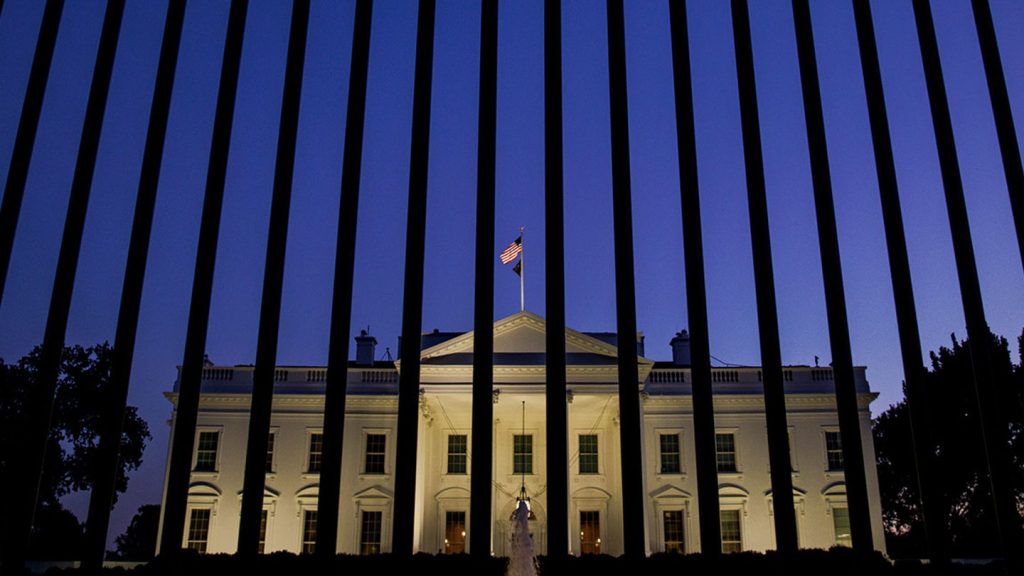The Role of Think Tanks in Shaping Government Policies

Think tanks: What are they, and how do they influence the policies that govern our lives? In this article, we’ll explore the fascinating world of think tanks and their pivotal role in shaping government policies. Get ready to dive into this engaging discussion that demystifies the enigmatic work of think tanks, using clear language and relatable examples.
Introduction to Think Tanks
Think tanks are not physical fortresses filled with brilliant minds locked away from the world. Instead, they are dynamic organizations that play a significant role in influencing government policies. These institutions are like the brains behind the brawn of a government, contributing their expertise to help shape the decisions that impact our lives.
The Birth of Think Tanks
Think tanks are not a recent invention. They have a history dating back to the early 20th century. They emerged as a response to governments’ complex issues during that time. Think tanks were established to provide policymakers with research, analysis, and recommendations.
How Think Tanks Operate
Think tanks operate independently from government bodies, allowing them to offer unbiased insights. They are typically funded by private donations, grants, and sometimes government contracts. This financial independence is crucial for maintaining their credibility.
Research and Analysis
At the heart of think tank operations is research and analysis. These organizations employ experts in various fields who conduct in-depth research on policy issues. They gather data, analyze trends, and produce reports that provide valuable insights to policymakers.
Think Tanks and Policy Advocacy
Think tanks are not just passive observers; they actively advocate for policies they believe will benefit society. They engage with policymakers, present their research findings, and make a case for their recommendations. This advocacy can have a significant impact on the direction of government policies.
Transparency and Accountability
To maintain their credibility, think tanks must operate with transparency. They should disclose their funding sources and be open about their methodologies. This transparency helps ensure that hidden agendas do not influence their work.
Challenges Faced by Think Tanks
Think tanks face several challenges in their mission to shape government policies. These include funding constraints, political pressure, and adapting to rapidly changing societal issues. Overcoming these challenges is essential for their effectiveness.
Impact on Policy Decisions
The influence of think tanks on policy decisions is undeniable. Policymakers often rely on the research and expertise provided by think tanks to make informed choices. This influence can lead to the implementation of policies that address pressing issues.

Examples of Think Tank Influence
Think tanks have left their mark on a wide range of policy areas. For example, the Heritage Foundation’s ideas have influenced conservative policies, while the Brookings Institution has played a key role in shaping centrist policies. These organizations are just a glimpse of the diverse think tank landscape.
Think Tanks: A Global Perspective
Think tanks are not limited to one country. They exist worldwide, each with its focus and approach. Whether economic policy in the United States or environmental conservation in India, think tanks contribute to global policy discussions.
The Future of Think Tanks
As the world continues to evolve, so will think tanks’ role. These organizations must adapt to new challenges and technologies. The future will likely see think tanks playing an even more critical role in shaping policies in our increasingly interconnected world.
Conclusion
In conclusion, think tanks are the unsung heroes of policy development. They provide valuable research, advocate for change, and help steer governments in the right direction. Their work is crucial in addressing the complex issues our societies face.
FAQs about Think Tanks
- What is the primary purpose of a think tank?
Think tanks primarily exist to conduct research and provide expert analysis on various policy issues. They aim to influence government policies by offering well-researched recommendations.
- How do think tanks remain impartial?
Think tanks maintain impartiality by disclosing their funding sources and adhering to rigorous research methodologies. This transparency helps ensure their work is unbiased.
- Can think tanks work across borders?
Yes, many think tanks collaborate internationally to address global challenges. They share research, expertise, and policy recommendations with a broader audience.
- Are all think tanks politically affiliated?
No, think tanks come in various ideological flavors, from conservative to liberal and everything in between. Their affiliations vary based on their missions and funding sources.
- How can I get involved with a think tank?
If you’re passionate about a specific policy area, consider contacting a think tank that aligns with your interests. Many think tanks welcome volunteers, interns, and experts who want to contribute to their research efforts.
Think tanks are instrumental in shaping the policies impacting our everyday lives. They provide the intellectual fuel that powers the decisions made within the corridors of power. Their role in promoting transparency, accountability, and informed governance should not be underestimated. So, the next time you hear about a policy change, remember that there’s a good chance a think tank played a part in shaping it.







+ There are no comments
Add yours